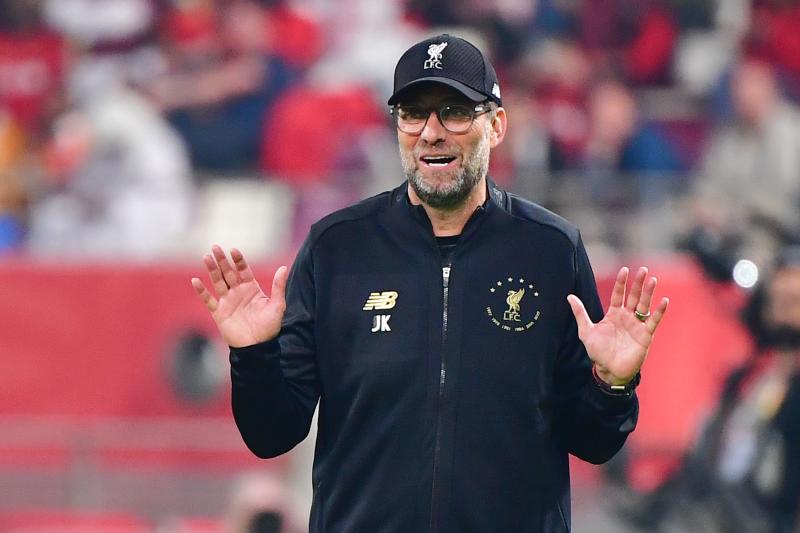Every Premier League team knows exactly what it will be dealing with when the fixtures for the new season are released at the start of every summer. There’s no great mystery about it. The schedule packs in three games per team between Christmas and New Year’s Day, an onslaught of playing commitments in the only major European league on a fall/spring schedule not to take a winter break.
Nevertheless, it invariably jars the 20 teams tasked with somehow getting through all those games while maintaining form, fitness and their season’s aspirations. And that shock is understandable.
The first round of games took place on Dec. 26 and 27, the famous Boxing Day slate. Then teams played again on Dec. 28 and 29, meaning almost all of them had a pair of league games separated only by 48 hours or so. Now, on Jan. 1 and 2, another full round of games – the third in a week and, for lots of teams, a fourth game in 11 days. Then there’s an FA Cup round this weekend following it.
The league’s most high-profile managers have made no bones about their misgivings.
“It’s a crime that they are playing again on the 28th [after the 26th], it’s against every rule of physiology and biology,” Tottenham Hotspur manager Jose Mourinho said during a press conference. “It’s against every rule, but that’s how it is.”
“People want it. None of the managers have a problem playing on Boxing Day, but playing on the 26th and 28th, this is a crime,” Liverpool’s Jurgen Klopp said, echoing Mourinho. “Absolutely not OK and we still have it. … Obviously we can say what we want but no one is listening. Every year is the same for the coaches with the 26th and 28th.
“Sports science gives you nothing to deal with this,” Klopp continued. “The body needs a specific amount of time to go again. That is science. But we ignore that completely. We just say, ‘Oh, they look strange running around again today.’”
“They don’t care,” added Manchester City’s Pep Guardiola. “My words are not going to change anything, Jose [Mourinho] and Jurgen [Klopp] have said the same. Every season is the same, TV decides and we have to adapt.”
The managers’ concerns for their players’ wellbeing is understandable, especially considering that the Premier League has shown no inclination at all to compromise. Only Liverpool got an extra day of rest this year, but only because it had appeared in the Club World Cup in Qatar, putting its own strain on Klopp’s weary squad.
There is indeed a strong argument to be made that so many games in such a short space of time is scientifically imprudent and just begging for a rash of injuries. But there are other reasons why the festive season feels like overkill, other than the toll it exacts on the players.

While the games have been abundant, they’ve mostly been quite poor. Once the second round of games of the festive period set in, even some of the more anticipated games like Arsenal-Chelsea were duds, from a quality perspective.
The Premier League’s calculus is understandable. With every competing league taking time off around this time of year – although La Liga returns this weekend, after a two-week break – the English circuit basically enjoys a monopoly during a period when most people are home with lots of time to watch TV. Indeed, English tradition of watching games on Boxing Day and New Year’s Day provides cover for this scheduling.
Nenhum comentário:
Postar um comentário